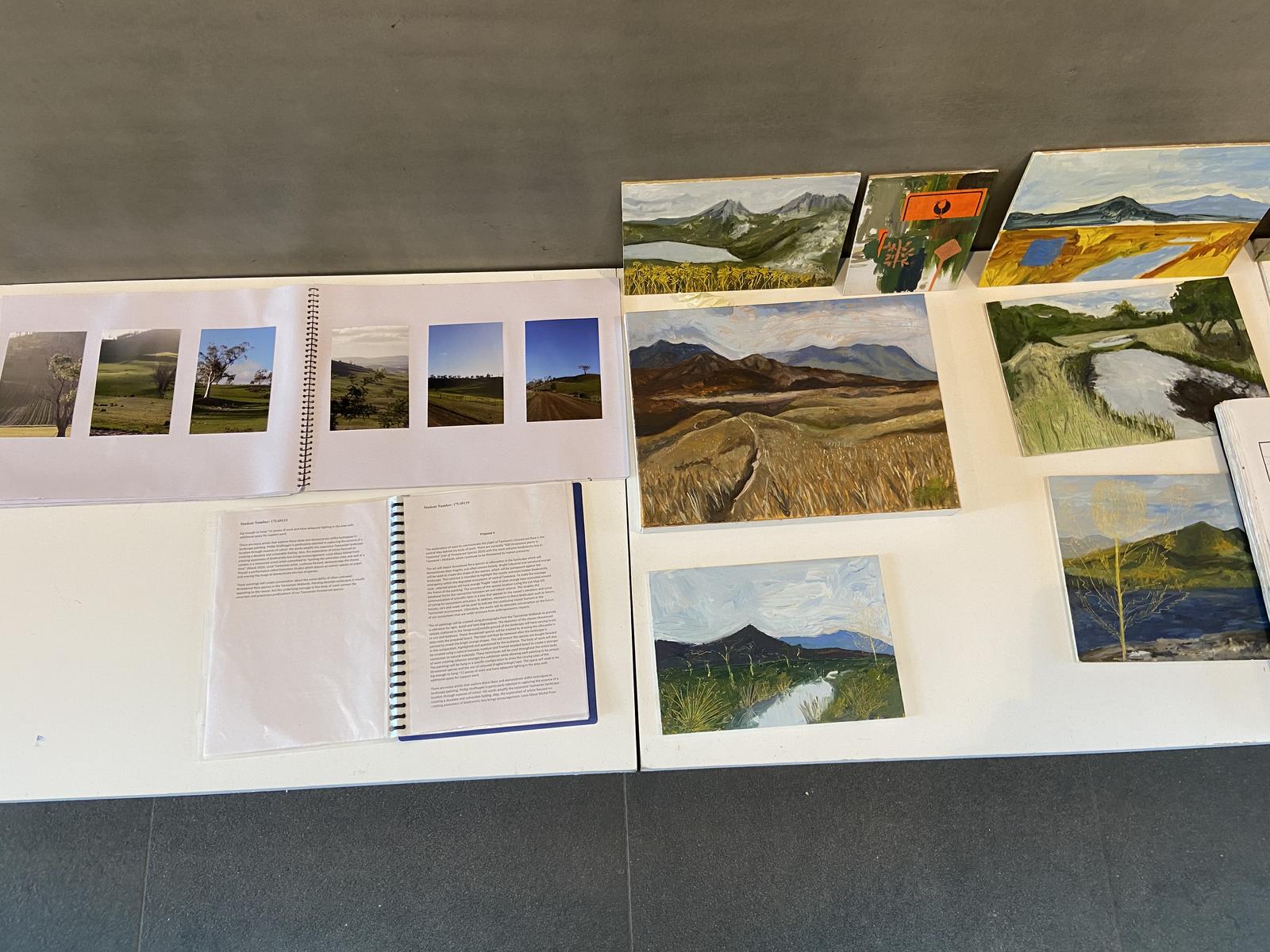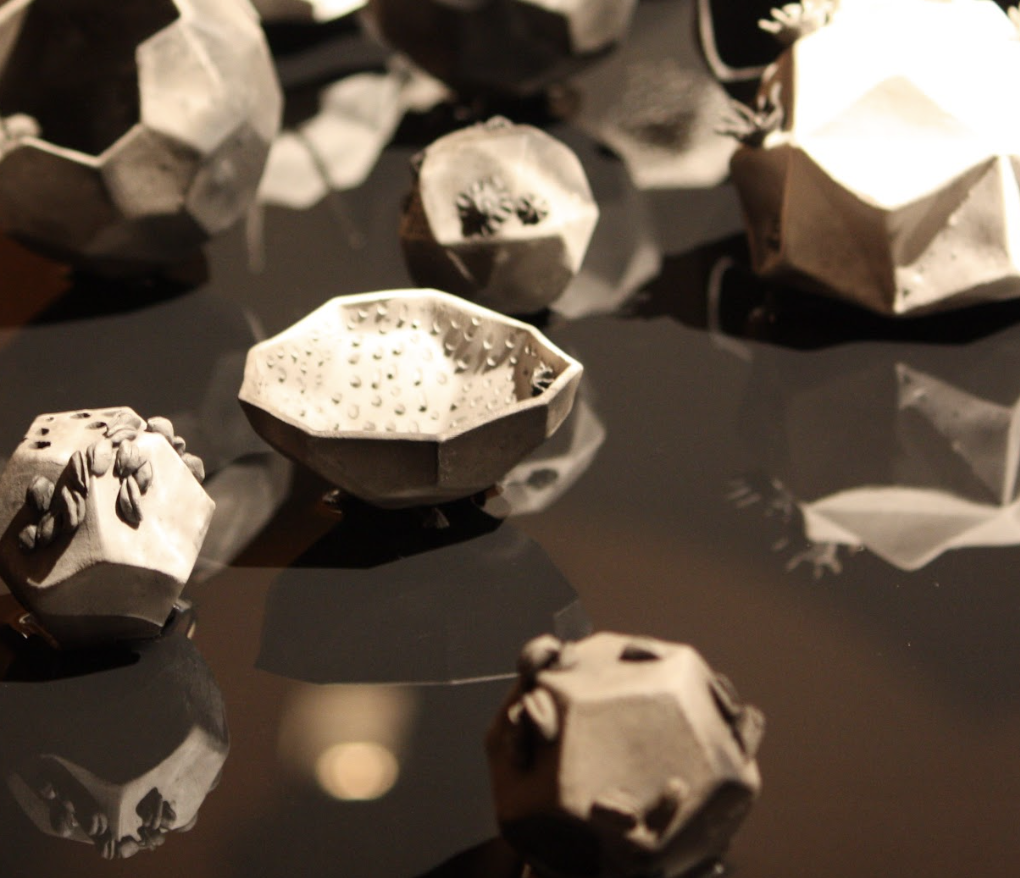TCE Art Studio Practice Level 3
Image: Julia Mountain and Georgina Davy 2020

TCE Art Studio Practice Level 3
Image: Julia Mountain and Georgina Davy 2020
| 🎓Course Type | Pre-tertiary |
|---|---|
| TASC Code | ART315214 |
| TCE Points | 15 |
| ⏱Hours | 150 |
| ✔️Standard | NA |
| 📚Prerequisites | Art Production 315 |
📎Desirable prior experiences | Suitable for students who achieved a SA or higher in Art Production Level 3 |
| 📝Assessment | 3 Active Investigations Major Research Paper (3500 words) Exhibition of a fully resolved body of work |
What will I learn?
This course is designed to give students who have successfully completed the pre-tertiary Art Production 3C syllabus the opportunity to extend and develop their art practice. The emphasis is on challenging the student to engage in reflective and critical analysis of their own art and the artwork of others. Students will negotiate a proposal for self-directed learning, that they will follow throughout the year, with the teacher as facilitator. Involvement with local, national and international art communities is a fundamental element of the inquiry carried out by each student. Documentation of work processes and research will be kept in a visual journal.


COURSE CONTENT
This course consists of two compulsory areas of learning:
Research - Active Investigation
Research will be undertaken within the local, national and international art community through exhibitions, events, reviews and interviews with artists, curators, gallery directors, Arts administrators. This will be documented in the form of three investigations
Critical Analysis
Learners will undertake investigation and analysis of conceptual theories and issues in local, historical and contemporary contexts as they relate to and inform their own proposal and studio practice.


Learners will produce one major research paper with a minimum of 3,500 words.
Learners will use the paper to demonstrate the depth and complexity of their conceptual knowledge.
Reflection
The learner will accumulate information in support of a sustained practice that reflects the aim of the research proposal. This will be evident through:
Proposal
The learner will develop a research proposal for studio practice in negotiation with their facilitator. The proposal will culminate in an exhibition.
Studio Practice
Process documentation will be sustained through reflective commentary and the experimentation and exploration of media and techniques.
Studio specialisation will occur that demonstrates the learner’s depth and complexity of conceptual understanding.
It will reflect sustained practical rigour and engagement based upon the aims of the research proposal.
The learner will present a body of resolved art work for exhibition. The scope of the body of art work will be dependent on issues such as selected media, but will reflect the size value of this course.


Exhibition
Learners will be required to act autonomously in assuming complete responsibility for the creative design, organisation and installation of their exhibition. The exhibition of work will include:
On successful completion of this course, learners will:


Why should I consider this course?
What Skills does this course provide?
On successful completion of this course, learners will be able to:


What Pathway Options does this course provide?